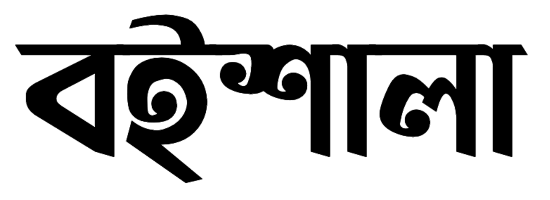‘The God of Small Things’ Summary of the book
The God of Small Things is the debut novel of Indian writer Arundhati Roy. It is a story about the childhood experiences of fraternal twins whose lives are destroyed by the “Love Laws” that lay down “who should be loved, and how. And how much.” The book explores how the small things affect people’s behavior and their lives. It won the Booker Prize in 1997.
ndian history and politics shape the plot and meaning of The God of Small Things in a variety of ways. Some of Roy’s commentary is on the surface, with jokes and snippets of wisdom about political realities in India. However, the novel also examines the historical roots of these realities and develops profound insights into the ways in which human desperation and desire emerge from the confines of a firmly entrenched caste society.
The story is set in the caste society of India, at a time when members of the Untouchable Paravan or Paryan caste were not permitted to touch members of higher castes or enter their houses. The Untouchables were considered polluted beings. They had the lowliest jobs and lived in subhuman conditions. In India, the caste system was considered a way to organize society. Roy’s book shows how terribly cruel such a system can be.
Along with the caste system, readers see an economic class struggle. The Ipes are considered upper class. They are factory owners, the dominating class. Mammachi and Baby Kochamma would not deign to mix with those of a lower class.
However, Roy shows other types of less evident discrimination. For example, there is religious discrimination. It is unacceptable for a Syrian Christian to marry a Hindu and vice versa, and Hindus can only marry a Hindu from the same caste. In more than one passage of the book, the reader feels Rahel’s and Estha’s discomfort at being half Hindu. Baby Kochamma constantly makes disparaging comments about Hindus. On the other hand, there is discomfort even between Christian denominations as is shown by Pappachi’s negative reaction when Baby Kochamma converts to Catholicism.
Chacko suffers more veiled racial discrimination, as it seems his daughter also does. His English wife’s parents were shocked and disapproving that their daughter would marry an Indian, no matter how well educated. Sophie, at one point, mentions to her cousins that they are all “wog,” while she is “half-wog.”
The Ipes are very class-conscious and feel a need to maintain their status. Discrimination is a way of protecting their privileged position in society.
